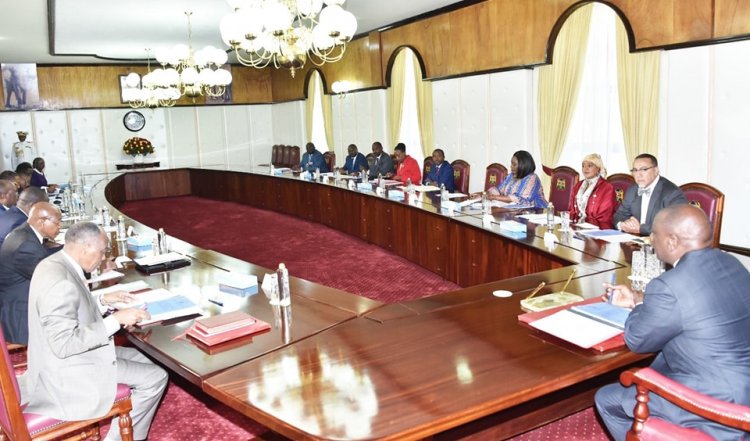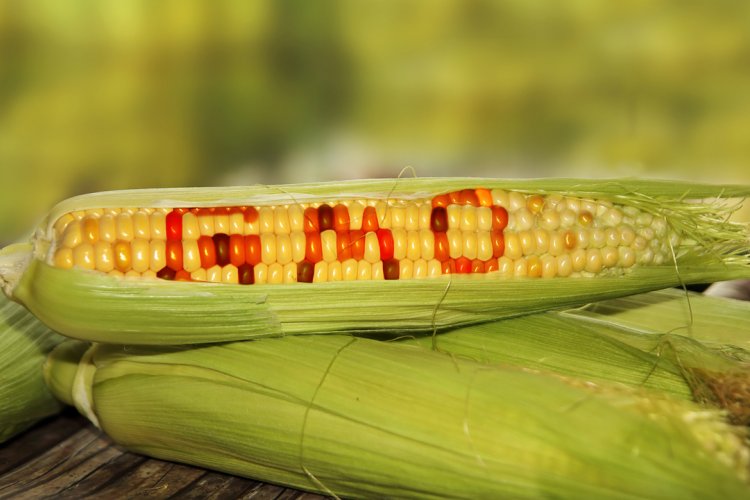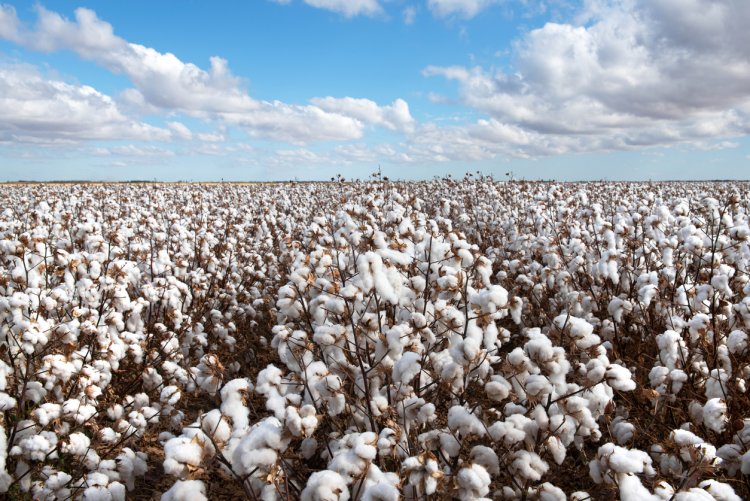Government Declares GMO Foods Legal
The Cabinet revealed that the decision was arrived at as part of the medium-term measures to address the current food shortage caused by drought in Kenya.

The Cabinet has lifted the ban imposed on the growing and importation of genetically modified food and animal feeds in Kenya, including white (GMO) maize.
In a meeting chaired by President William Ruto in State House Nairobi, the Cabinet resolved to scrap the ban on the cultivation of GMOs based on the technical reports with regard to the adoption of biotechnology.
The Cabinet revealed that the decision was arrived at as part of the medium-term measures to address the current food shortage caused by drought in Kenya.

An image of GMO maize. /FILE
"Cabinet vacated its earlier decision made on November 8, 2012, prohibiting the open cultivation of genetically modified crops and the importation of food crops and animal feeds produced through biotechnology innovations,
"By dint of the executive action, open cultivation and importation of White (GMO) Maize is now authorized," the statement from State House read following the meeting.
The Cabinet further noted that it was informed by the need to revitalise Kenya's agricultural system and part of the recommendations by local and international experts was to uptake crops that are resistant to pets and diseases.
"The directive was issued following recommendations of Task Force to Review Matters Relating to Genetically Modified Foods and Food Safety, and in fidelity with the guidelines of the National Biosafety Authority (NBA) on all applicable international treaties including the Cartagena Protocol on Biosafety (CPB).
"Today’s Cabinet decision builds on it and also extends its benefits to other agricultural and manufacturing sectors," added the statement.
The Executive also revealed that it decided to lift the ban on the commercialization of the hybrid species of cotton, Bacillus Thuringiensis (BT), which was resistant to the African Ballwarm, thus reviving the textile industry.
The scrapping of the ban comes after President Ruto on Sunday, October 2 hinted at lifting the ban on GMOs during the Cabinet meeting that was set to discuss cotton farming.
"We want to revive cotton farming in Nyanza and parts of Western regions on a large scale to boost the region’s economy. We want our farmers to get seeds and cotton which will increase their income and which are resistant to diseases.
“We want to give improved BT cotton seeds to our farmers to enhance the production of cotton so that our farmers can get better returns and develop the textile industry in Kenya in our efforts to improve our industrialization and agro processing,” he said at Homa Bay AIC church in his first trip to Nyanza region since being elected as the Head of State.
Kenya approved commercial farming of Bt Cotton in 2019 and distributed one metric tonne of seeds for planting on demonstration plots in Homa Bay, Siaya and Busia counties where it was first grown on demo farms before being extended to Kitui, Makueni, Kirinyaga, Embu, Meru and Tharaka Nithi counties,
BT cotton seeds are developed to kill the African bollworm, which is responsible for up to 100 per cent crop loss. It matures a month earlier than conventional cotton and produces many more bolls.
Experts also say the GM variety can produce up to 1,200 kilos an acre while conventional cotton can yield as low as 200.

A cotton farm in Kenya. /FILE






